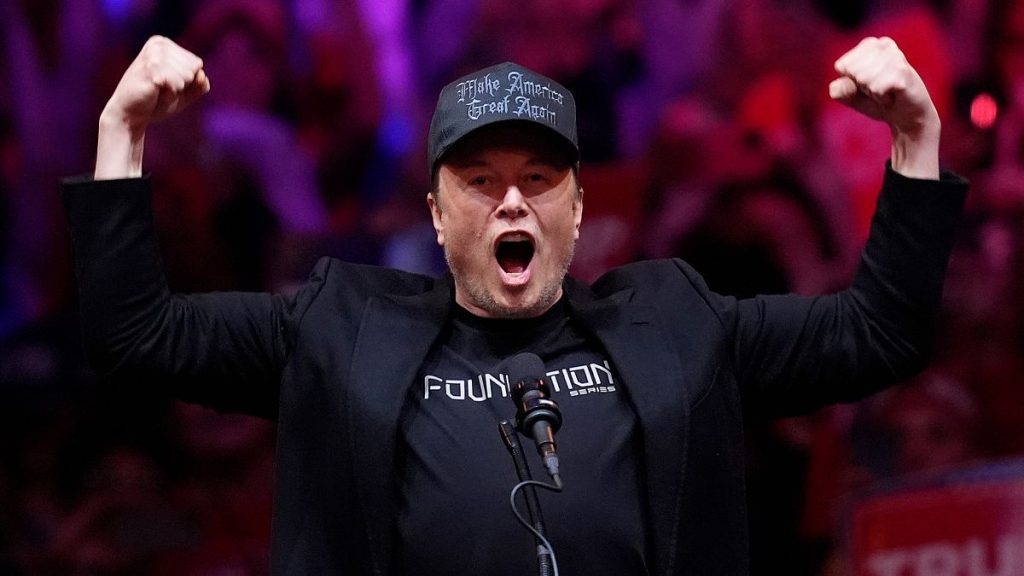Elon Musk recently published a controversial guest opinion piece in the prominent German newspaper Die Welt, supporting the far-right Alternative for Germany (AfD). In the editorial for Welt am Sonntag, Musk justified his support for the AfD, calling it “the last spark of hope” for the country. He praised the party’s stance on energy, economic recovery, and migration, comparing their principles to those that made his companies, Tesla and SpaceX, successful. Despite Germany’s domestic intelligence agency classifying the AfD as a suspected extremist organization, Musk argued that the party represents political realism rather than extremism.
The publication of Musk’s op-ed caused a significant uproar in Germany, with the commentary editor of Die Welt, Eva Marie Kogel, resigning shortly after. Many journalists at the newspaper voiced their disagreements with Musk’s views publicly, and the paper’s future editor-in-chief, Jan Philipp Burgard, penned an op-ed critiquing the billionaire’s statements. The timing of the piece, just seven weeks before a snap election, was widely criticized by journalists and politicians alike, who argued that election appeals without proper filtering have no place in independent media.
The controversy surrounding Musk’s support for the AfD also extends to his original post on his platform X, which had already elicited strong reactions from German politicians earlier in the week. As national leaders prepare for the upcoming election on 23 February, there is a clear consensus among political parties in Germany to reject any collaboration with the AfD, underscoring the party’s contentious position in the country’s political landscape. The backlash against Musk’s op-ed highlights the sensitivity of the issue, particularly during an important election period where political alliances are being closely scrutinized.
Despite Musk’s attempt to justify his support for the AfD in his guest opinion piece, many in Germany view the party as far-right and extremist, especially in light of the country’s intelligence agency’s classification. The contrast between Musk’s praise of the AfD’s positions and the widespread rejection of the party by politicians and journalists underscores the deep divide within the German political landscape. The resignation of Eva Marie Kogel, the commentary editor at Die Welt, further highlights the internal discord caused by Musk’s op-ed, signaling a broader debate within the media about the boundaries of free speech and responsible journalism.
The fallout from Musk’s op-ed has reignited discussions about the role of media in shaping public discourse and the responsibilities of prominent figures in influencing political conversations. Critics argue that Musk’s support for the AfD runs counter to the values of inclusivity and diversity that many in Germany uphold, particularly given the party’s controversial history and policies. With tensions running high in the lead-up to the national election, Musk’s intervention in Germany’s political landscape has sparked a fierce debate about the boundaries of acceptable speech, the influence of public figures, and the obligations of media organizations in promoting democratic values and responsible journalism.













